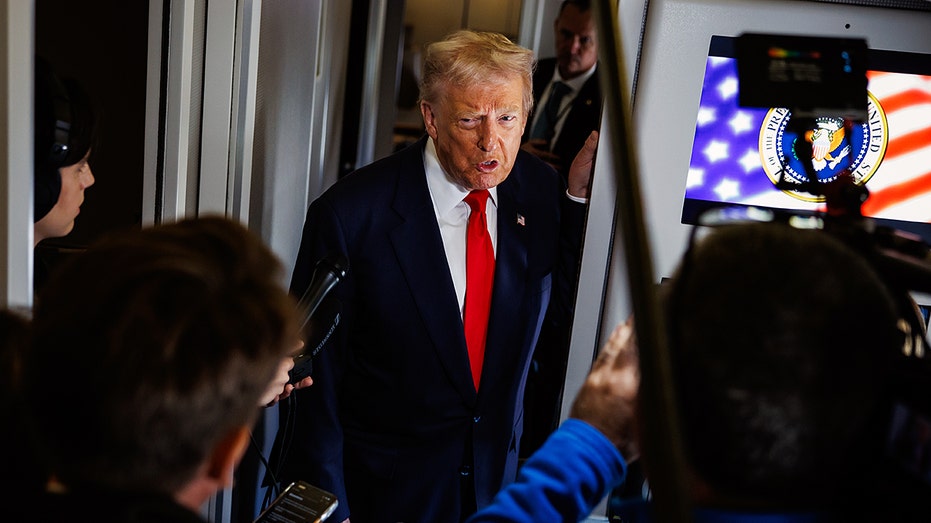Jocelyn Benson, Michigan’s Secretary of State, has cultivated a reputation – one steeped in controversy and accusations of dishonesty. Comparisons to figures like Hillary Clinton aren’t simply political jabs; they speak to a perceived pattern of behavior that has left many questioning her integrity.
The core of the discontent stems from a series of incidents and allegations surrounding the 2020 election. One particularly contentious claim involves her description of events at the TCF Center in Detroit, where absentee ballots were being counted. Benson asserted that windows were covered because they were being broken, a statement challenged by accounts of Republican poll challengers being obstructed.
Further fueling the distrust was her characterization of ballots being dropped into absentee ballot boxes by postal workers as “perfectly legal and normal activity.” This sparked outrage, as the practice appeared to circumvent established procedures designed to ensure secure and individual ballot submission.

Since assuming office, Benson has faced a staggering 69 lawsuits related to election issues. While she’s secured some victories, she’s also lost five cases and experienced mixed results in seven others, highlighting the persistent legal challenges to her decisions and directives.
Currently, a dispute with the U.S. Department of Justice centers on her refusal to release Michigan’s voter rolls, citing concerns about the security of Social Security numbers. This stance, however, appears paradoxical given the federal government’s access to such information.
A recent campaign advertisement inadvertently amplified these concerns. The ad featured a man attempting a “trust fall,” seemingly representing Michigan voters, only to be left to fall as Benson casually walked away. The visual powerfully conveyed a sense of abandonment and a lack of trustworthiness.

The ad’s accompanying message – “You can’t trust corporate-backed politicians, but you can always trust me” – rang hollow to many, given scrutiny of Benson’s own campaign funding. A significant portion of the $3.5 million raised since January 2025 comes from high-profile donors, including billionaires Stephen Ross and members of the Soros family.
These donors have a history of supporting progressive causes and organizations that advocate for policies often at odds with election integrity measures. Groups like the Advancement Project, which opposes voter ID laws and advocates for felon enfranchisement, have received substantial funding from sources also contributing to Benson’s campaign.
The advertisement quickly became a lightning rod for criticism online. Social media users flooded platforms with memes and montages highlighting Benson’s perceived dishonesty and untrustworthiness, effectively turning her own campaign effort into a source of negative publicity.

One particularly pointed post recalled Joe Biden’s trust in Benson to “fortify” Michigan’s election process in 2020, a trust that, according to the post, ultimately proved misplaced. The collective response underscored a deep-seated skepticism towards Benson and her leadership.





